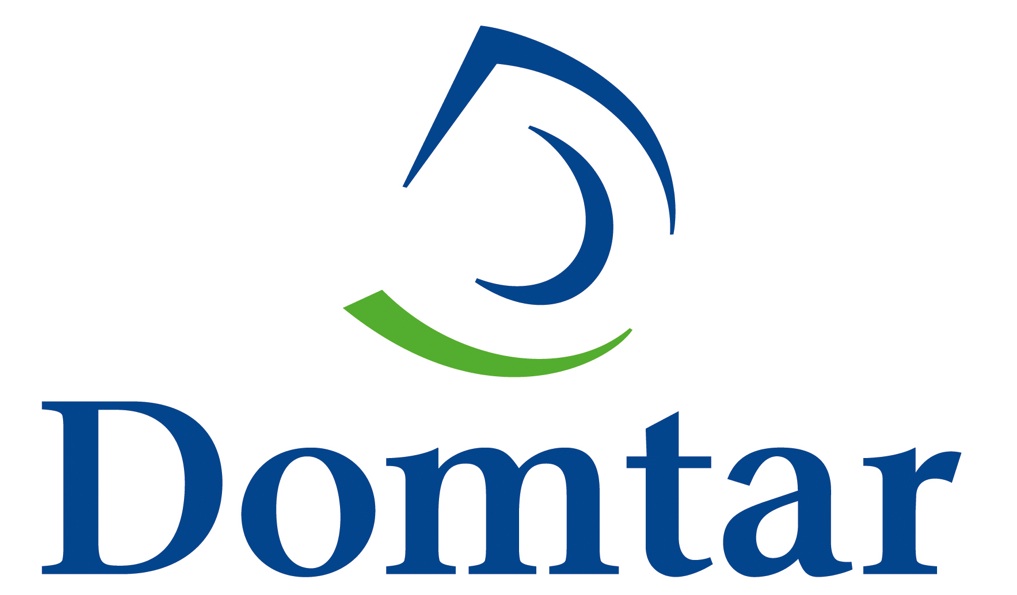How to Keep Your Forests and Have Your Paper, Too
How do we maintain our forestland while simultaneously meeting the current demand for wood and paper products?

How to Keep Your Forests and Have Your Paper, Too
The following is a sponsored story by Staples and Domtar, and originally appeared on GreenBiz.
The overall health of the world’s forests continues to be a concern, and the best path to sustainable forest management is often hotly debated. How do we maintain our forestland while simultaneously meeting the current demand for wood and paper products?
In the United States, more than one-third of forests are family-owned. That number rises in the Southeastern U.S., where nearly 60 percent of forestland is owned by small landowners. Although often overlooked, protecting these small forests actually has the potential to exponentially affect forest health on a much larger scale. That’s why small landowners play a critically important role and why we believe it is so important to empower them to certify their land through a recognized third-party organization such as the Forestry Stewardship Council (FSC). The certification empowerment process teaches landowners how to sustainably manage their land, ensuring it remains economically viable without compromising forest health. In short, ensuring forests remain forests for future generations to enjoy.
Forest certification systems help protect the services present in a healthy forest, such as carbon sequestration, water quality and rich biodiversity. They set the standard for responsible forest management, helping to protect forests and encourage on-the-ground collaboration between companies, landowners and environmental NGOs.
Landowners are, of course, important stakeholders in this equation and their support is crucial to the long-term health and future of U.S. forests. Achieving FSC certification offers landowners the chance to put their commitment on paper and also provides a tangible, visible acknowledgement of their hard-earned efforts.
The pulp and paper industry depends on forest resources and has a responsibility to promote responsible forest management. At both Domtar and Staples, we do our part by ensuring a sustainable, accountable supply chain and making a positive impact in our local communities. We operate on a set of principles driven by our commitment to preserving and enriching the forests and communities that our operations rely on. And that commitment is tangibly demonstrated in how we collaborate with stakeholders, take action, measure our progress and demonstrate transparency in everything we do.
Year over year we have seen a growing demand for certified fiber and sustainable paper products, so from our point of view, paper manufactured from certified wood fiber also generates a greater demand in the marketplace. Within communities, ensuring a dependable supply of certified paper helps maintain local jobs and allows landowners to keep their forests as forests and increase the value of their land while retaining private ownership to preserve their legacy for future generations. It also ensures local waterways and wildlife areas are preserved for hunting, fishing and other recreational activities.
As leaders in sustainability, we believe it’s important to be accountable for our entire supply chain. Domtar’s unique sustainability communications platform, EarthChoice, is focused on full circle responsibility. The mission of EarthChoice is to make positive connections between the ecosystems upon which we depend, our economic interests and the communities in which we operate. We believe this is the right thing to do for both our business and the environment. We help to develop the highest standards and adhere to them, raising the performance bar for our entire industry around the globe.
And of course, we are committed to buying, creating and selling paper made with sustainably sourced fiber. In 2005, Domtar became the first forest products company in North America to offer an FSC-certified line of copy paper, through our EarthChoice Product Line. Today, EarthChoice offers the widest variety of FSC-certified paper in North America.
For years, Staples has worked with suppliers to advance and improve our offerings. We collaborate with several non-profits to help us improve paper-product sustainability, and continue to work closely with our suppliers and other stakeholders to ensure we are improving our forest-management practices and developing more sustainable products. Our Sustainable Paper Procurement Policy (PDF) forms the foundation of our commitment to ensuring that the paper products we sell are sourced in an environmentally and socially responsible manner, and defines our expectations for suppliers of paper-based products.
Domtar and Staples have partnered on several programs dedicated to educating and empowering landowners and increasing FSC-certified sources of paper, including on-site learning opportunities to encourage local landowners to adopt sustainable forest management practices. These programs provide educational and financial support, sample land plans and expert guidance through the certification process, which is often too technical and time-consuming for smallholders to tackle. To date, Domtar has enlisted 93 landowners and certified more than 115,000 acres of U.S. forestland.
To hear firsthand how these programs are empowering landowners in the U.S., check out Domtar’s Paper Made Here video series, which highlights the integral role of small landowners in responsible forest management. Here, you’ll learn the personal story of Donna Jansen, a heritage landowner who chose forest certification to ensure the land she was entrusted with gets passed down to future generations.
Written by Michael Garcia, President – Pulp and Paper Division, Domtar and Mark Buckley, VP Environmental Affairs, Staples

